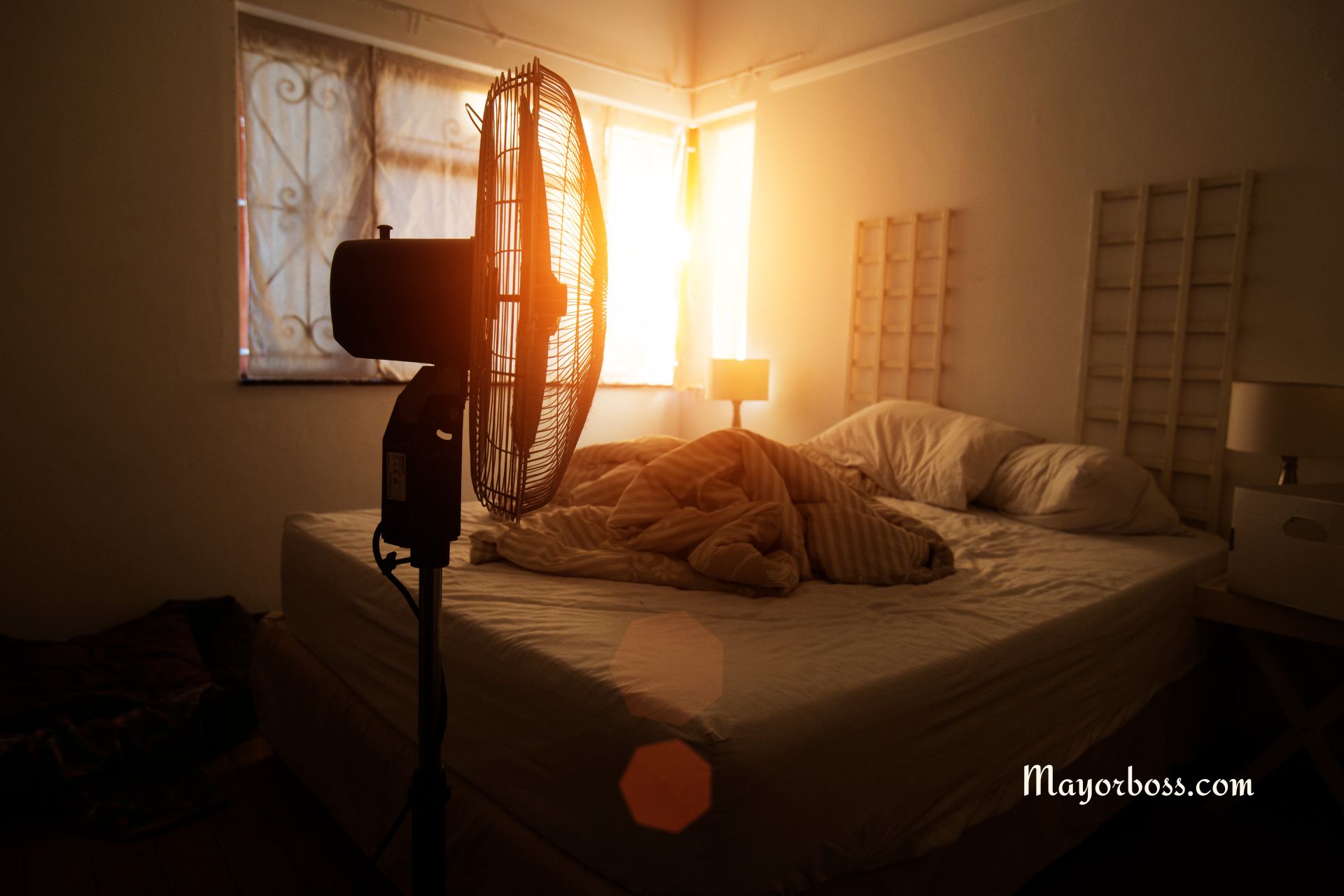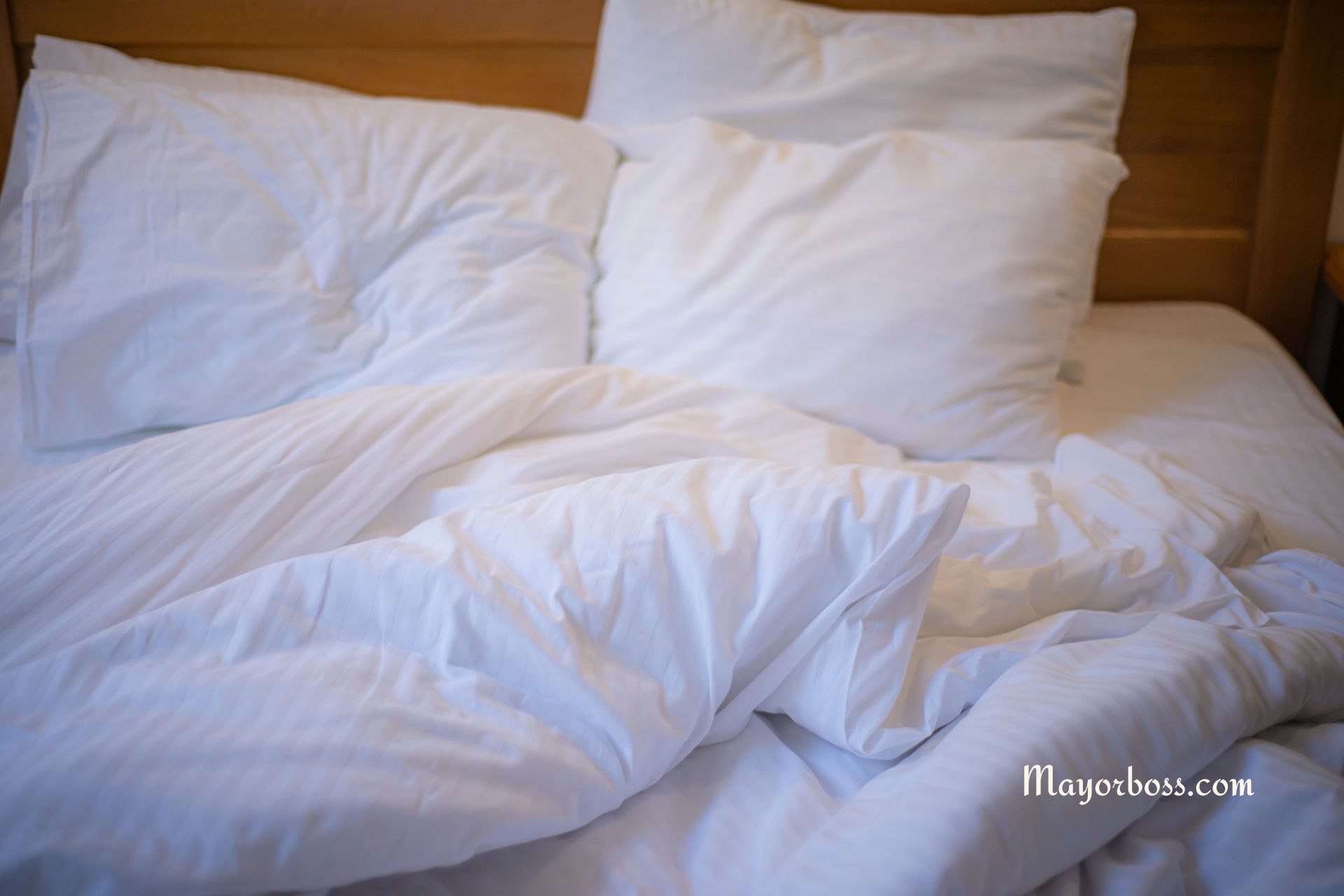7 Common Things That Minimalists Don’t Buy or Have

Have you ever felt overwhelmed by the sheer amount of stuff you own? You’re not alone. Many people are turning to a minimalist lifestyle to reduce clutter, stress, and unnecessary expenses. But what exactly does it mean to live like a minimalist? It’s not just about having fewer things—it’s about making room for more of what matters. Let’s take a closer look at seven common things that minimalists tend to avoid purchasing or keeping in their homes.
1. Excessive Decorations
Minimalists steer clear of cluttering their spaces with excessive decorations. Instead, they opt for a few meaningful pieces that add beauty and function without overwhelming the space. This approach not only simplifies cleaning and maintenance but also creates a calming environment where each item has a purpose or brings joy.
Keeping decorations to a minimum can help you focus on what’s truly important, reducing the visual noise and distractions in your living space.
2. Unnecessary Gadgets
In the kitchen and throughout the home, minimalists are careful about the gadgets they purchase. They often ask themselves, “Do I really need this?” before buying. As a result, you won’t find single-use appliances or rarely-used tools in a minimalist’s home. This mindset helps to keep kitchen counters and storage areas clear and functional.
By avoiding unnecessary gadgets, you can save money and cabinet space, making your home easier to organize and clean.
3. Trendy, Fast Fashion
Minimalists tend to avoid fast fashion, which consists of inexpensive clothing produced rapidly by mass-market retailers in response to the latest trends. Instead, they invest in high-quality, timeless pieces that will last for years. This choice not only cuts down on waste and closet clutter but also promotes a more sustainable lifestyle.
How does this help? Investing in fewer, better-quality clothes can save you money in the long run and reduce the stress of choosing what to wear each day.
4. Impulse Buys
One of the core principles of minimalism is intentional purchasing. Minimalists avoid impulse buys by taking the time to consider each purchase thoroughly. This pause helps prevent clutter from items that are not truly needed or wanted. This practice helps in maintaining a clutter-free home and ensures that your purchases add value to your life.
5. Duplicates
Whether it’s tools, kitchen items, or clothing, minimalists shy away from owning duplicates. They keep only what is necessary and ensure that each item serves a purpose. This not only frees up space but also simplifies decision-making and maintenance.
Why consider this approach? Reducing duplicates helps in maintaining a more organized and manageable living environment.
6. Excessive Paperwork and Documents
Minimalists often digitize documents to avoid paper clutter. They regularly review and discard unnecessary paperwork, keeping only what is essential. This digital approach can also make it easier to find and organize important documents when needed. Digitizing paperwork minimizes physical storage needs and reduces the risk of losing important documents.
7. Sentimental Clutter
While it’s important to keep sentimental items that truly mean something to you, minimalists are selective about what they keep. They often choose a few cherished mementos rather than a large collection of items, which can lead to emotional and physical clutter.
Why is this a good practice? This selectivity helps maintain a tidy home and ensures that the sentimental items you do keep are truly special and meaningful.
Frequently Asked Questions
Can minimalism really help reduce stress?
Absolutely. By owning fewer items, you reduce the time and energy spent on cleaning, maintenance, and decision-making, which can lead to a less stressful lifestyle.
How do I start becoming a minimalist?
Begin by decluttering your home, focusing on one area at a time. Ask yourself if each item is necessary, useful, or brings you joy if it doesn’t, consider letting it go.
What if I regret getting rid of something?
It’s normal to worry about this, but most people find that once they remove unnecessary items, they don’t miss them. If you’re unsure, try storing the item out of sight for a while to see if it’s truly missed. This can help you make a decision without fear of regret.






